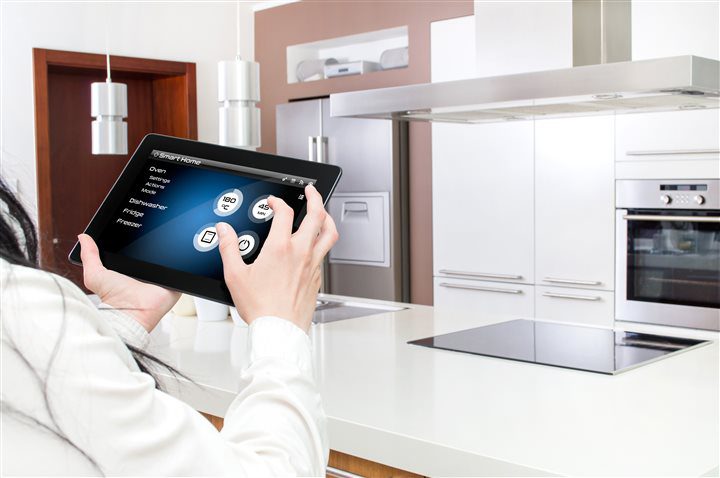(BPT) – Smartphones keep people constantly connected, smart cars can drive and park themselves, and smart buildings are designed to use less energy as they keep everyone occupying them comfy and productive. Of course you think you know how technology is revolutionizing everyday life. But do you really understand that tech now touches everything?
Technology’s influence on modern life may be even greater than you realize. Here are four ways technology could transform your life at home and at work:
1. Home life
Technology is making homes “smarter” and more connected. You may already have a smart thermostat in your home that adjusts the temperature automatically and learns your patterns and preferences to provide you with maximum comfort for minimum energy expenditure. But wouldn’t you like to be able to control that thermostat – or the lights, alarm and blinds – from your office using your smartphone? Wouldn’t it be great if you could ask your refrigerator whether you need milk so you can pick it up on your way home from work?
The technology to do all those things already exists and is becoming more commonplace. BI Intelligence predicts that by 2020, 193 million smart home devices will be shipped. The devices will range from smart clothes washers and dryers to alarm system components, energy equipment like thermostats, and smart lighting.
2. Safer roadways
The leading factors that lead to car crashes have one thing in common – they all involve a human being behind the wheel. Data compiled by the Auto Insurance Center found bad driving behaviors like failure to yield right of way, not staying in the proper lane and reckless or careless driving were leading causes of accidents.
Emerging technology aims to reduce the element of human error. Connected cars use wireless technology for a range of purposes, from navigation to remote monitoring and control and even managing vehicle systems. Expected to enhance the driver’s experience, all new passenger cars sold in 2025 will be connected, according to the 2015 study, “Connected vehicle-Succeeding with a disruptive technology,” from Accenture Strategy.
3. Less time in doctor’s offices
Every time you visit a doctor’s office or stay in a hospital, many costs are incurred. Co-pays, co-insurance and deductibles cost you cash, plus you could lose valuable work time. Insurance companies pay for covered services, while visits to the hospital or doctor’s office costs health care providers costly staff hours. Technologies such as remote health monitoring and diagnostics can help trim costs and deliver care.
Remote monitoring uses a variety of devices (monitors) to help patients and doctors keep tabs on important health indicators, such as blood pressure or blood sugar levels. It can help physicians provide health care while incurring fewer costs associated with missed appointments and hospital readmissions, notes the Deloitte University Press.
4. Safer senior years
As they grow older, many people find they need help at home in order to remain independent. Assisted living facilities aim to give seniors basic in-home care, such as help with taking medications. Technology is now available to help seniors who remain at home, including fall detection sensors and activity monitors to interactive food logs, and symptom tracking to machines that help automate wound care and physical therapy.
Devices ranging from sensors and environmental controls to vehicles that are connected through the internet are some aspects of the Internet of Things, and it’s a network that continues to grow, which could make tech skills more desirable.
DeVry University, which was founded in 1931 with an emphasis on technology, offers degree programs that focus on information technology and computer sciences. DeVry has put technology at the core of its business, tech and health care programs.







